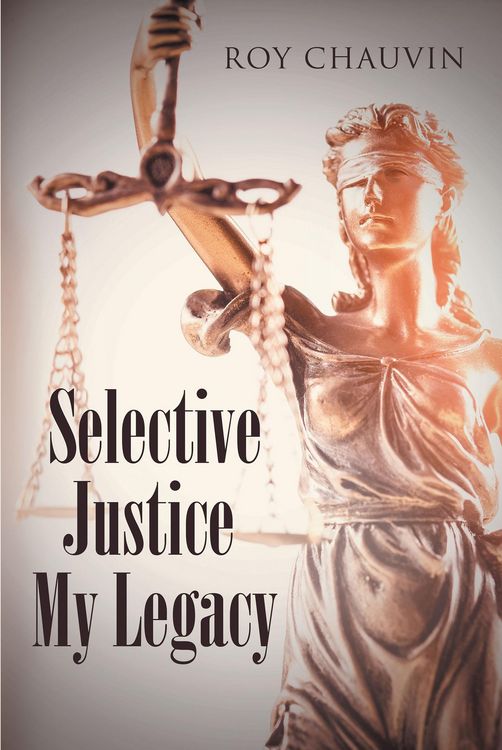
Selective Justice My Legacy
-
- Taschenbuch
- eBook ausgewählt
-
Form:Einzelkauf Download
-
Sprache:Englisch
9,49 €
inkl. MwStBeschreibung
Details
Format
ePUB
Kopierschutz
Ja
Family Sharing
Nein
Text-to-Speech
Ja
Erscheinungsdatum
07.09.2023
Verlag
Page Publishing, Inc.Seitenzahl
274 (Printausgabe)
Dateigröße
7725 KB
Sprache
Englisch
EAN
9798889607052
Throughout life most people have to struggle with making decisions. These decisions not only involve the individual making the decision but also his family and in some cases the public. The life of a law enforcement officer involves all three. This burden is often stressful, taxing one's conscience to the breaking point. The individual has to rely on his family background and values instilled in him throughout his life. A strong faith driving the belief that all has to be fair and honest is viewed as an idealistic approach in which everyone strives toward in making these decisions. To truly adopt this fairness, honesty, and justice philosophy in your life's decisions is extremely difficult in today's world. The tug of war of emotions pulls at one's conscience to make the right decision. Many choose to prostitute their convictions for their jobs, money, status, and power, rationalizing their decisions for personal gain, leaving humanity in ashes.
As a law enforcement officer, his daily decisions directly affect his fellow man. This burden is self-inflicted by the individual to do the right thing or to go along with the good-old-boy attitude. The latter accomplishes nothing and is actually looked down upon by the honest public. The people truly want someone they can trust to carry out this honesty and justice philosophy; however, the public has no clue about the sacrifices one has to make in order to achieve these goals. For one to fulfill his mission of striving for fairness and honesty, he has to be a slave of his convictions.
At seventy-three, the winter of my life, I often question my life's path. However, not only can I not change it, nor would I want to. I still encounter those negative people who condemned me for my stand for justice. There is nothing I can say to change their minds, which embraces corruption as a badge of honor rather than dishonor. The silent majority hang their heads in disgust not realizing they have the power to change if they just stand up and fight.
The reader of the book must evaluate whether or not the main character of the book was, in fact, dedicated to his convictions. By infusing the Diary of Corruption into the book poses to the reader a decision-making process in which he decides whether the diary is proof that corruption exists or this is just the way it is and no one can change these practices. The actual diaries represent twenty-seven years of entries documenting the author's daily life in law enforcement. The author of this book does not seek the approval of his life's path, but rather poses the question.
What would you do if you were in his shoes? Walk the walk and talk the talk or be silent because it is too costly.
Fairness, Honesty, Justice for all. I hope.
1
1
Unsere Kundinnen und Kunden meinen
Verfassen Sie die erste Bewertung zu diesem Artikel
Helfen Sie anderen Kund*innen durch Ihre Meinung
Kurze Frage zu unserer Seite
Vielen Dank für dein Feedback
Wir nutzen dein Feedback, um unsere Produktseiten zu verbessern. Bitte habe Verständnis, dass wir dir keine Rückmeldung geben können. Falls du Kontakt mit uns aufnehmen möchtest, kannst du dich aber gerne an unseren Kund*innenservice wenden.
zum Kundenservice